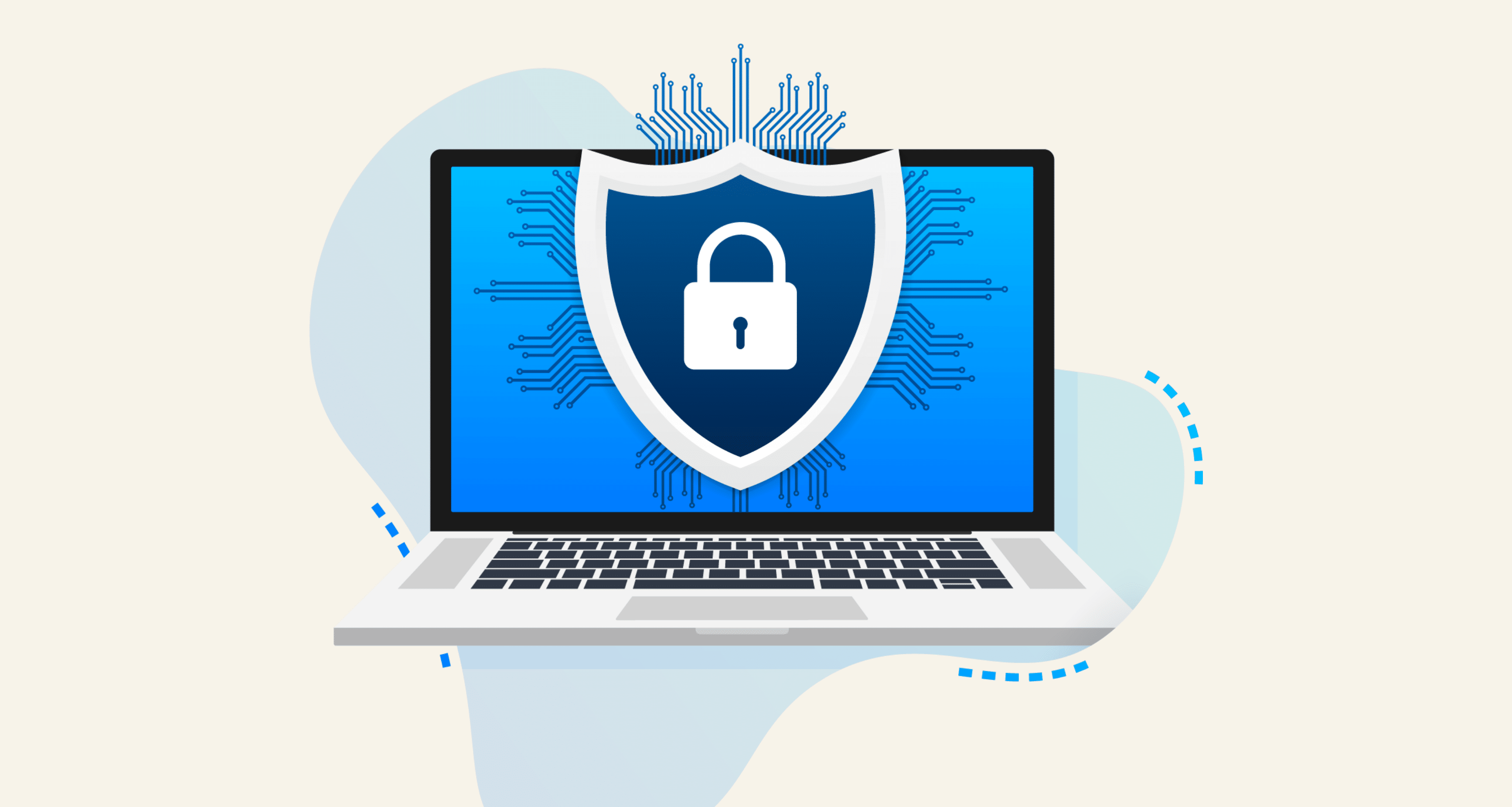
Among the many tasks of chief information security officers (CISOs), one of the most essential is ensuring the organization’s compliance with IT and cybersecurity regulations in healthcare. These laws change constantly, and staying on top of all the new developments can be challenging without the right resources.
In this post, we discuss the critical laws governing healthcare security compliance. We also explore how compliance software can enhance your system’s protections and streamline administrative tasks.
Regulations Critical to Healthcare Security Compliance
In April 2024, over 15 million patients were directly or indirectly affected by health-related security breaches. Noncompliance with healthcare security laws makes patients more vulnerable and can result in fines, civil litigation, or criminal prosecution. The following regulations are intended to protect patient and employee information.
Cybersecurity Act, Section 405(d)
The U.S. Department of Health and Human Services, in collaboration with the healthcare industry, created a task group under the 2015 Cybersecurity Act (CSA). The CSA 405(d) Task Group created Healthcare Industry Cybersecurity Practices (HICP), a set of guidelines, procedures, and practices that the healthcare industry would voluntarily use to improve and maintain cybersecurity. The HICP regularly updates to keep pace with IT developments and upholds best practices for access management, email, data loss prevention, medical device security, and other cyber-related issues.
HIPAA Security Rule
The Health Insurance Portability and Accountability Act (HIPAA) of 1996 improved efficiency within the healthcare system by protecting patient privacy and setting standards for storing and transmitting patient information. As part of HIPAA, the Security Rule requires that covered entities and businesses protect the integrity, confidentiality, and access to electronic medical records (EMR) and health information. Organizations must also conduct a cybersecurity risk assessment at least annually.
HITECH Act
All organizations with HIPAA coverage must follow the 2009 Health Information Technology for Economic and Clinical Health Act (HITECH) guidelines. HITECH addresses how entities use EMR, particularly how they protect patient privacy when sharing and accessing health information. HITECH also requires annual healthcare IT audits, extends the HIPAA Security Rules to business associates of covered organizations, and strengthens penalties for healthcare security compliance violations.
HITRUST
The Health Information Trust (HITRUST) Alliance isn’t a regulation but rather a framework that the HITRUST Alliance created to help organizations improve compliance internally and with healthcare vendors. This standard supports assessing and mitigating information risk and secure data management. The Alliance offers HITRUST certification to help organizational leaders and third-party vendors demonstrate their compliance with HIPAA and other important regulations.
PCI DSS
All healthcare entities accepting credit card payments need to follow the Payment Card Industry Data Security Standards (PCI DSS). Unique to the healthcare sector, this set of regulations focuses on protecting credit card information and consumers who use credit cards to pay for medical services. Compliance with PCI DSS involves knowing how to store, handle, and transfer credit card data properly.
QSR
If your organization manufactures, sells, or uses medical devices, you must comply with the Quality System Regulation (QSR) rule established by the U.S. Food and Drug Administration. QSR addresses hacking attempts that continually threaten the safety and integrity of devices that providers depend on to perform diagnoses and deliver crucial treatments.
To protect medical devices against potential security breaches, the QSR mandates that these tools or equipment incorporate designs that prevent unauthorized access. This rule also requires continual monitoring of their use, proper maintenance, and regular software updates.
Compliance Software Can Help
Maintaining healthcare security compliance requires a system that’s complex enough to manage all the moving parts but with the capacity to streamline the process. Compliance software is a welcome solution for CISOs, compliance officers, and other leaders needing to manage cybersecurity requirements and track compliance with those standards. With compliance software, you can easily
- Monitor staff training progress, record scores, and send out reminders
- Store training modules for easy access by employees
- Stay on top of regulatory changes
- Automate administrative tasks and workflows
- Compile and send out reports of risk assessments and healthcare IT audits
- Track and report incidents
- Store and provide access to important documents
Maintaining information security compliance requires a thorough understanding of the relevant healthcare cybersecurity regulations. At Compliancy Group, we can recommend software and other resources to help you stay compliant and conduct your healthcare IT audits. Contact us today to learn more about our compliance software packages and other services to support your security needs.









